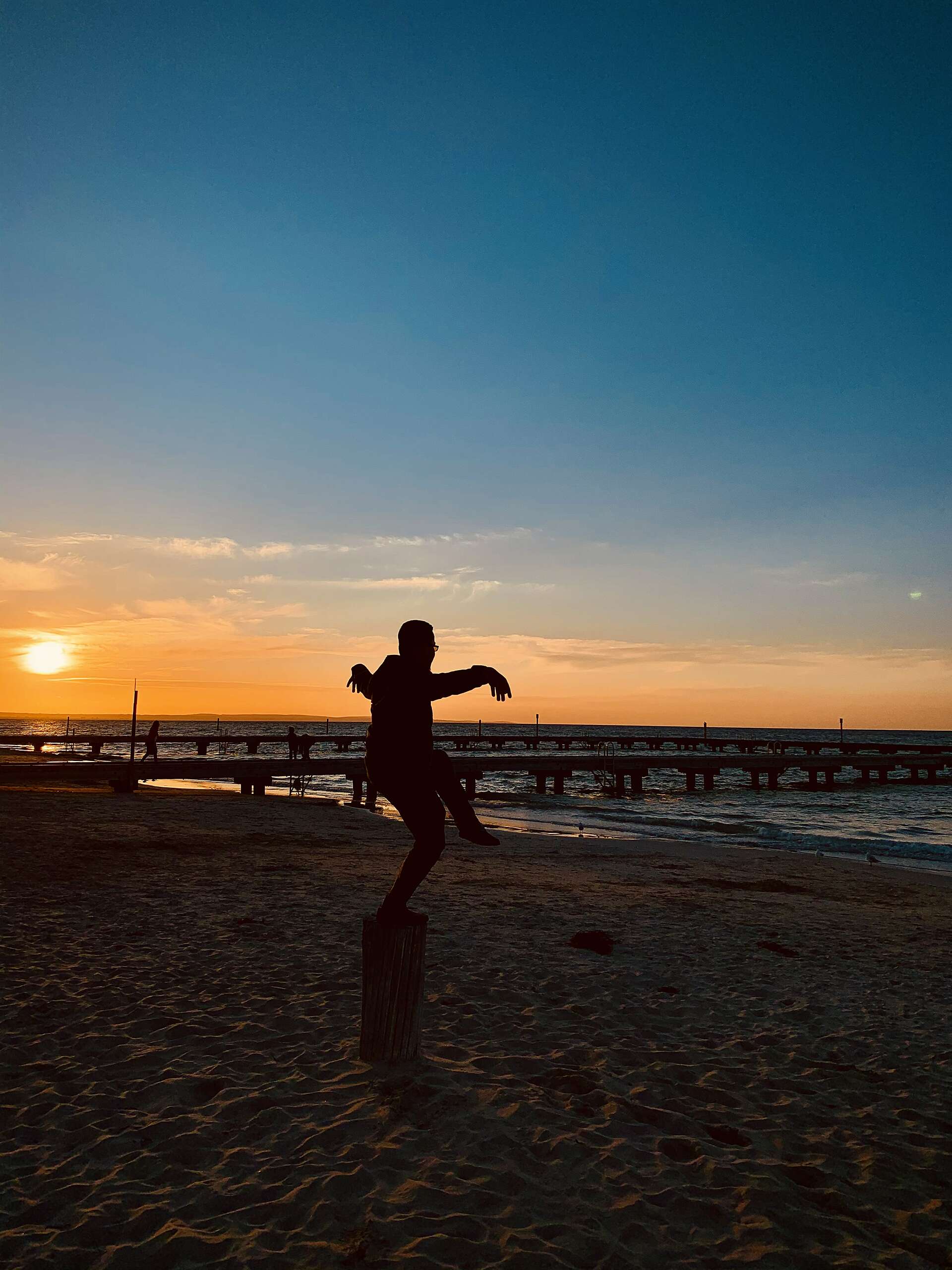
Peace be upon all of you.
I begin by praising Allah, God of the universe, God of Adam, Moses, Jesus, Mohammad, and all the prophets in between them.
Peace and salutations to all of the prophets and those who follow their true path until the end of time.
Today is the 9th of Ramadan. Since nine days ago, Muslims around the globe, about 25% of the human population, fast in the day. That means no food and NO WATER from dawn to sunset. For us in Perth, it means from 5.15 a.m. to 5.50 p.m., approximately.
The question that comes to so many non-Muslims is, why do Muslims do it? One thing for sure is, we don't do it to lose weight. Trust me, most of us don't lose weight despite not eating and drinking in the day. We make up for the lost time after dark.
To understand why Muslims fast, we need to look into the Quran, the Holy Scripture of Muslims. In the Quran, God tells us that He commanded us to fast as He has commanded nations before us so that we be mindful of God.
From that verse, we understand the fasting is not unique to Muslims. We are continuing a tradition practised by prophets before Prophet Muhammad. We know that Prophet Musa went on spiritual seclusion at Mount Sinai, where he fasted for 40 days and spent the night in worship and contemplation. After that, he was given the Torah.
Prophet Jesus did the same thing at Mount Olive; fasting in the day and worshipping at night. He was then given the Gospel.
Prophet Muhammad went on a similar journey. He would seclude himself at Cave Hira in Makkah and spent his days fasting and his nights in worship and contemplation. After a few years, the Quran was revealed to him.
We see a pattern here. Going hungry will make us connect with the Divine better. Why is this so?
To understand that, we turn to Imam al-Ghazali, one of the most important scholars in Islam. He divides the human psyche into multiple components. The king of our psyche is the spiritual heart. The heart has two advisors; the ego, which represents the animalistic nature of our self, and the pure soul, which represents our angelic nature. When one advisor is strong, the other becomes weak.
The ego is what gives us material pleasure. It is the source of our material wants. We want to eat, drink, procreate, the newest phone, the flashiest car, a bigger house, and the list goes on and on. The ego is not necessarily evil. But left unchecked, it can become evil. The ego knows no limit. What is mine is mine, and what is yours is mine.
Every day that we entertain our ego, our pure soul grows weaker. Our soul is what connects us to the Divine. Hence, the month of Ramadan is the month that we restore balance in ourselves. We put off the needs of our ego to give our pure soul a fighting chance. When we deny food and water, we are telling our ego to wait. We tell our ego that it is not in control. When our soul grows stronger, we connect to the Divine better.
Ramadan is the month we restore balance between our ego and our soul.
The verse also tells us that the objective of fasting is to create a person that is mindful of God. But how does going hungry and thirsty relates to the state of mindfulness? Fasting is a very personal act of devotion. Only God knows whether you truly fast or you cheated in the privacy of your room. God is the only reason we don't cheat when we fast, when we could easily take a sip of water when no one is looking. No matter how tired we become from fasting, we don't cheat.
If we can leave food and water, the most basic needs of our existence, after oxygen and the internet, of course, for the sake of Allah, surely we can leave all the bad things for Him. Surely we can leave back-biting, cursing, stealing, corruption for the sake of God. Fasting creates a mind that is constantly connected to God.
These two are some of the main reasons why Muslims fast in Ramadan. As the sun has just set, it is now time for us to break our fast. We welcome our non-Muslim friends to join us on this joyous occasion.
Thank you.
...
Taken from my five-minute speech explaining why we fast in Ramadan.